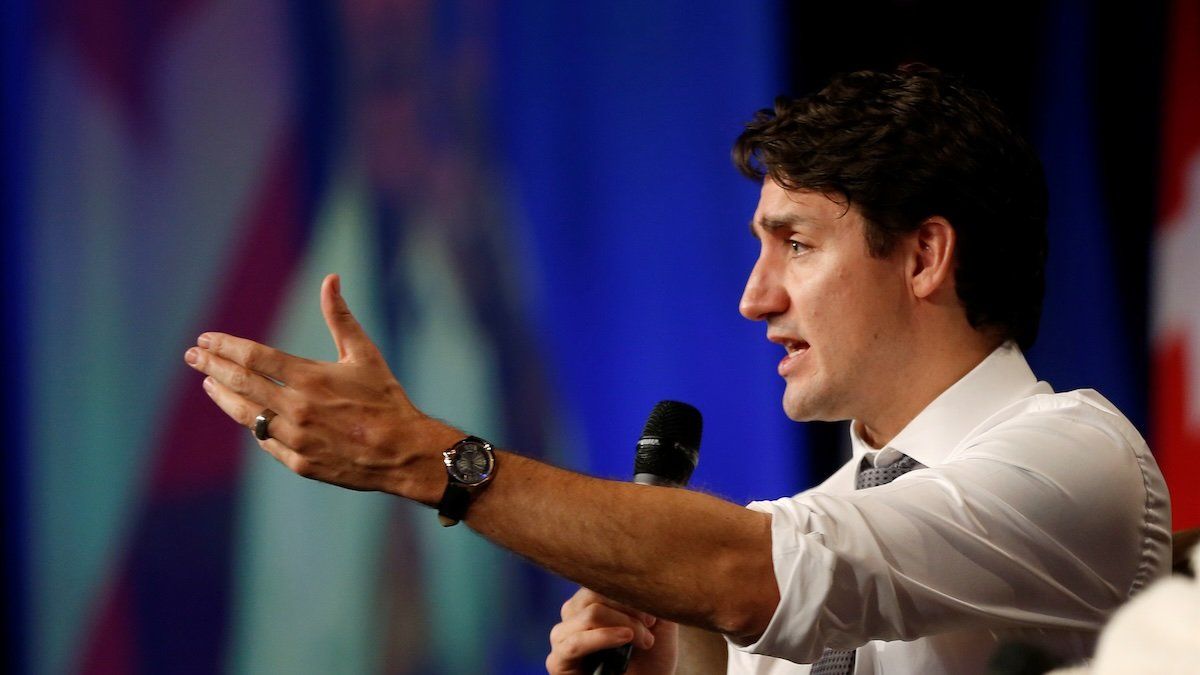Justin Trudeau’s government announced Thursday that it is cutting the number of immigrants Canada will take in, at least temporarily.
After years of higher permanent resident targets – the country aimed for between 410,000 and 505,000 newcomers last year alone – the government’s new goal is 395,000 next year, followed by 380,000 in 2026 and 365,000 in 2027.
The prime minister said the temporary pause is designed to let the country’s economy “catch up” with population growth. In recent months, the government has been criticized for its immigration plan as Canadians worried about the effects of a greater number of newcomers on housing costs, health care, and jobs.
Conservative Party leader Pierre Poilievre called Trudeau’s “flip-flop” on immigration “a massive admission of failure.” Poilievre’s party currently leads the governing Liberals in the polls by roughly 20 points as the incumbents struggle to turn public opinion around.
Immigration ranks among the top 5 issues Canadians are concerned about ahead of the next federal election, which is due by the fall of 2025.
